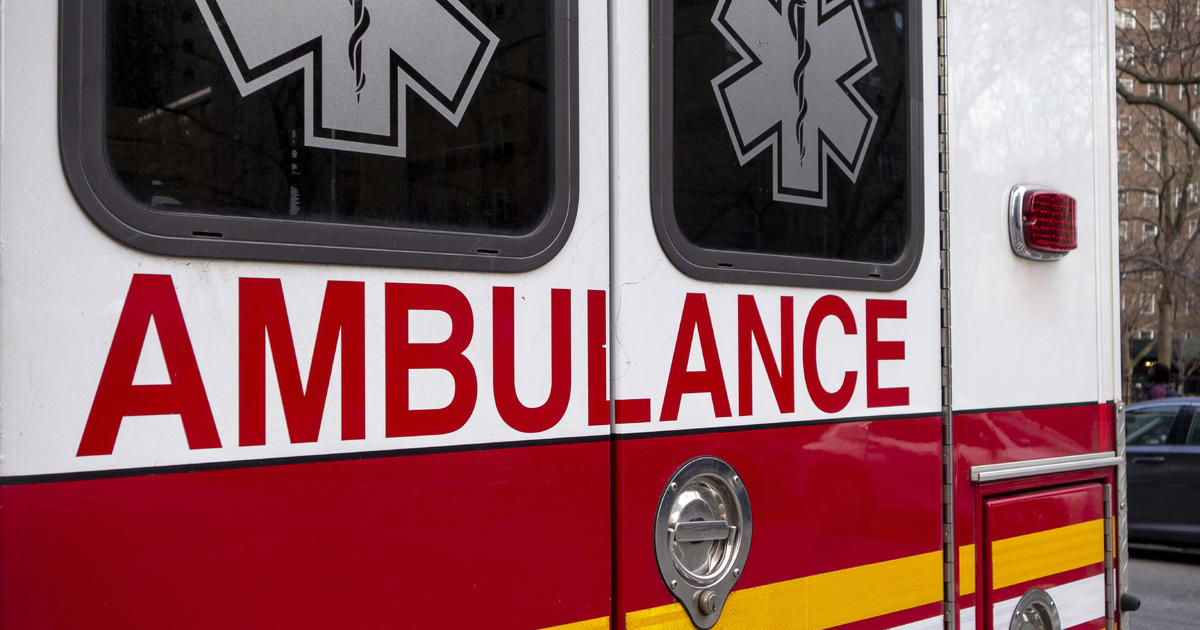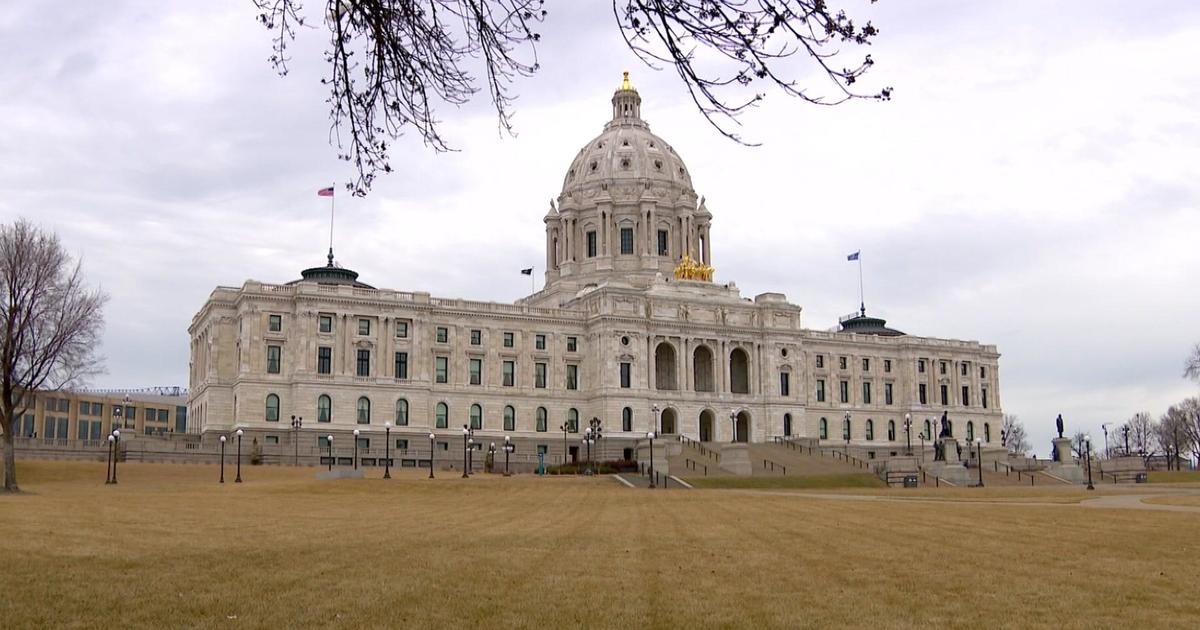Minnesota House passes "universal" school meals, providing free breakfast, lunch to students
ST. PAUL, Minn. -- The Minnesota House passed a bill on Thursday guaranteeing free lunch and breakfast to all Minnesota students, regardless of income requirements set by a federal program. It's a move advocates say will reduce child hunger and ensure no kid falls through the cracks.
The vote was 70-58.
"We're going to give them the tools they need to succeed in school and that means food," said Rep. Sydney Jordan, DFL-Minneapolis.
The federal government pays for free or reduced priced meals but there are income limits for who qualifies. Under this bill, the state would pick up the tab for the difference of covering everyone else, which is estimated to be $388 million in the next two-year budget.
Some schools already have universal meals because they qualify for what's known as Community Eligibility Provision, which covers the cost for everyone when more than 62% of students are eligible for the free and reduced-price program. Jordan told reporters in a news conference ahead of the floor vote that this makes sure the plan "maximizes federal funding."
One in four food-insecure children don't qualify for support under current federal programs, according Hunger Solutions Minnesota. This comes at a time when visits to food shelves have soared to new heights, increasing by 50% over the previous year, said Colleen Moriarty, the group's executive director.
A separate bill that passed unanimously Thursday night would provide $5 million in emergency funding to support food shelves so they have supply that meets the record demand.
"We've never seen people visiting food shelves like they are now," she said. "People can't afford to buy their own food. And the only recommendation that national groups are giving after the loss of the emergency status [providing a boost to SNAP benefits] in March is for the people to go visit a food shelf and if there is no food at the food shelf, that's a crisis."
For universal school meals, Republicans have cautioned that price tag is steep and warned of how it could impact the state budget in future years if there is a deficit, not a surplus. In earlier committees vetting the proposal, they tried to amend the bill to expand who qualifies for free meals, but still set income limits.
"We want children whose families cannot afford to feed them to have lunch or breakfast," said Rep. Peggy Bennet, R-Albert Lea, during a hearing on the bill last month. "The issue is the solution we're providing is shotgun technique instead of a surgical approach."
California, Maine and Colorado have taken similar steps to provide universal school meals, according to the National Conference of State Legislatures.
To qualify for universal school meals, schools must be enrolled in the national meals program. The meals covered won't include à la carte like cookies or potato chips.
"This isn't a Gatorade-for-all bill. This is a meals-for-all bill," Jordan said.
Initially, the universal meals proposal sparked some concern that it could compromise other state resources that schools rely on. Right now, the number of students who qualify for free and reduced lunch help determine additional state funding – known as compensatory funding – that districts receive to support students in need. That's as much as $550 million in revenue for schools.
Kirk Schneidawind, executive director of the Minnesota School Boards Association, told WCCO in December that he wants lawmakers to consider this and make sure if they approve universal school lunches, they determine another way to calculate that funding.
He emphasized the importance of that money to districts. When asked about those concerns Thursday, Jordan said there is a separate bill addressing a new way to determine compensatory funding.
Proposal would provide tax credits to families with children
Separately, a House committee on Thursday considered a bill establishing a refundable tax credit for parents with children.
If families meet income requirements, they'd receive $3,000 per kid ages zero to five and $1,000 for ages 6 to 17.
Parents would receive the full credit if they make $150,000 as a married couple filing jointly and $75,000 as an individual. If a taxpayer makes more than those amounts, the credit phases out by reductions of 10%.
This legislation instructs the Department of Revenue to create a process for families to receive advance, direct payments before tax filing begins. It would look similar to how the IRS in 2021 paid out expanded child tax credits in monthly increments, which were authorized under the American Rescue Plan, a COVID-19 stimulus package.
One study found child poverty soared in the beginning of 2022 after the monthly payments of those credits expired.
"There is no doubt that this would be a costly endeavor. But I believe and research shows that there is no better return on investment than investing in our 'Mini-sotans' and their families," said Rep. Carlie Kotyza-Witthuhn ,DFL-Eden Prairie.
Lawmakers on the House Taxes Committee voted for the bill to be considered in end-of-session negotiations. The legislature in the coming months will pass the next two-year budget, which include a tax bill.
(Editor's note: An earlier version of this story said that the Wayzata school district was the only one not enrolled in the national school meal program. Hunger Solutions Minnesota, which provided the statistic, clarified later that the district joined in 2020.)




